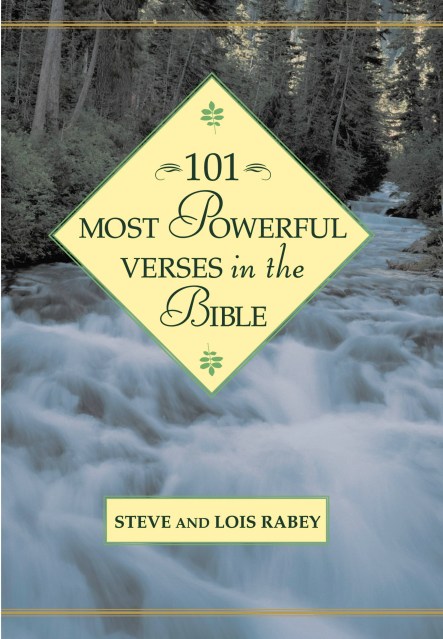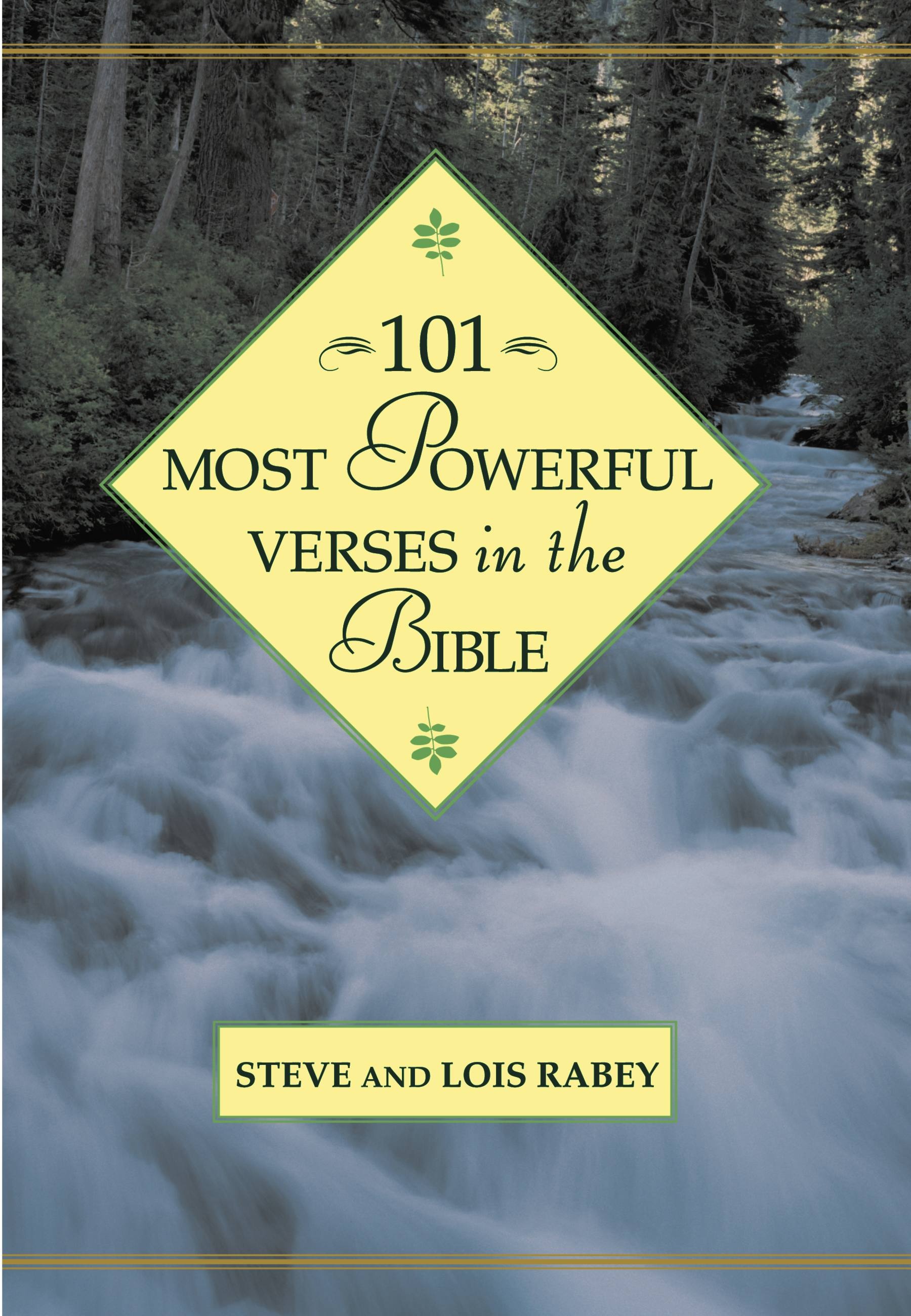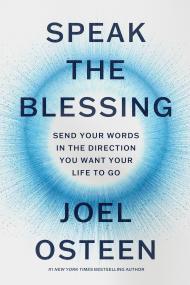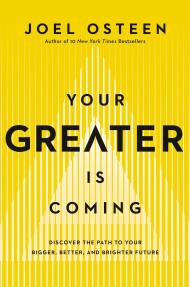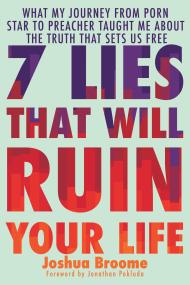Promotion
Use code MOM24 for 20% off site wide + free shipping over $45
101 Most Powerful Verses in the Bible
Contributors
By Steve
By Lois Rabey
Formats and Prices
Price
$35.00Price
$45.00 CADFormat
Format:
- Hardcover $35.00 $45.00 CAD
- ebook $10.99 $13.99 CAD
This item is a preorder. Your payment method will be charged immediately, and the product is expected to ship on or around February 11, 2004. This date is subject to change due to shipping delays beyond our control.
Also available from:
Genre:
- On Sale
- Feb 11, 2004
- Page Count
- 256 pages
- Publisher
- FaithWords
- ISBN-13
- 9780446532167
Newsletter Signup
By clicking ‘Sign Up,’ I acknowledge that I have read and agree to Hachette Book Group’s Privacy Policy and Terms of Use
